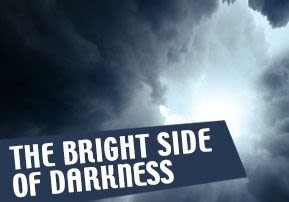
The Bright Side of Darkness
Like the moon, women have their monthly cycle of full brightness and dark gloom. The transitions are challenging. So how can she weather the dark times?

Kabbalah compares the Jewish woman to the moon. We see that her whole cycle is lunar. Like the moon, she too has her monthly cycle of full brightness and dark gloom. So how can she cope with the dark times?
Before I continue, I want all the men and boys to get out of here right now.
And close the door.
Okay, cherished sisters, listen:
What do you do during that time of the month when you feel physically and emotionally unattractive and unloved, cramped, bloated, and tired?
The feminist magazines assure you he must learn to accept you as you are, and when he finally does, it will be a new and exciting phase in your relationship; but…
They end by saying, hey, if he feels like that, who needs the guy?
Right.
But don’t kid yourself.
Rabbi Shalom Arush writes in Women's Wisdom, “Rebbe Meir Baal HaNess asks (Gemara, Nidda 31b): ‘Why does the Torah forbid a husband to approach his wife while she menstruates until she completes seven days, even if she already stopped seeing a flow beforehand?’ Rebbe Meir then answers, ‘Because, if not for this (being forbidden), he would become used to her, and then become disgusted by her.’ In other words, if a man could approach his wife whenever he wanted, in the end he would be ‘turned off’ by her. Monotony would set in, and all the emotion and excitement of their connection would be gone.”
And we’re all going to sit on the floor and cry.
Before we do, let’s reach for our copy of The Trail to Tranquility and see what Rabbi Lazer Brody says.
You open the book at random to page 159 and find a quote from Rebbe Nachman of Breslev:
“The agony of tribulations stems from the lack of spiritual awareness. When a person has spiritual awareness, and looks at the ultimate purpose of tribulations, the sorrow of suffering vanishes.”
Somebody help me: What is the ultimate purpose of this thing called menstr…I can’t even say the word. Chances are, your mother didn’t want to talk about it either. She probably gave you a book. The only  ones brash enough to talk about it are some magazine writers who are…let’s say a bit short on the Jewish gene of bashfulness.
ones brash enough to talk about it are some magazine writers who are…let’s say a bit short on the Jewish gene of bashfulness.
Now Rabbi Lazer says:
slow down,
open your eyes,
and look for the wisdom behind the suffering.
All right then. Take a deep breath. When you got your period at age 12, what was G-d telling you?
How about: Sweetie, it's time to get married and have some kids.
You don’t buy that because people don’t get married at that age!
I can’t argue with that.
But hey, our foremother Rivka married at the age of 3, didn’t she? And Rebbe Nachman's wife was 12. And…
Let’s get back to the message. In today’s world you start at 12 or 13, and you feel a little boy-crazy, and bear your monthly cycle with pride the next five years or so and then the novelty wears off.
You go to college, and you probably meet some boys, and by now you’re sick of the cramps and so on.
But you can’t get married yet; you must finish college.
Then you must launch your career and your social connections, and the cramps, fatigue and embarrassment get in the way.
Ugh. Sisters, what is the wisdom behind this suffering?
We have eggs in our body that long to be babies and they're slowly flowing out, month after month.
Alizah, you say, babies are cute but giving birth is scary and messy. Anyway, we’re still young and have time to sort out our fears and we weren’t raised religious anyway and we’re up for a promotion and double responsibility and…
Shh!
Let’s slow down,
open our eyes, and look for the wisdom behind the suffering.
What do our wise scientists say?
They say we have less time than we think.
Professor Gita Mishra published a study on this subject in the Human Reproduction Journal. It said that women who started their periods at age 11 or younger had an 80% higher risk of starting menopause before the age of 40.
Now get this: women who never had children are twice as likely to start menopause early.
And then it’s sort of too late.
Whether you read the rabbi’s books or the scientists’ reports, Hashem sends a message no matter where you are because He cares about you more than your own mother does. After all, you’re the King’s own daughter and a precious gem not like anyone else in the world!
So even though you feel ugly and unwanted now, don't forget that Hashem loves you always. Talk to Him and you'll cheer up. Before you know it, you'll be shining brightly again.
* * *
Alizah Teitelbaum's stories have appeared in Hamodia, Ami, Mishpacha, the Voice of Lakewood, The Jewish Press, and other places. She serves as fiction and poetry editor for http://sassonmag.com/ and blogs at http://alizahteitelbaum.weebly.com/blog . She lives on a mirage in the Negev Desert.


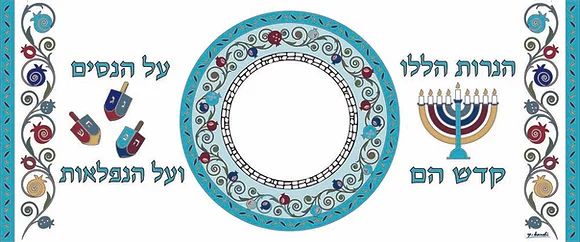
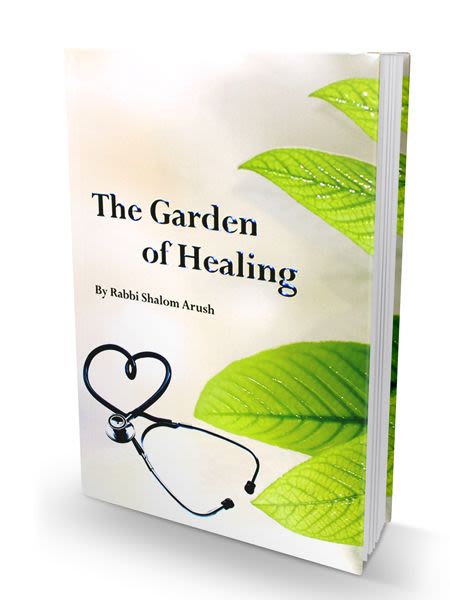
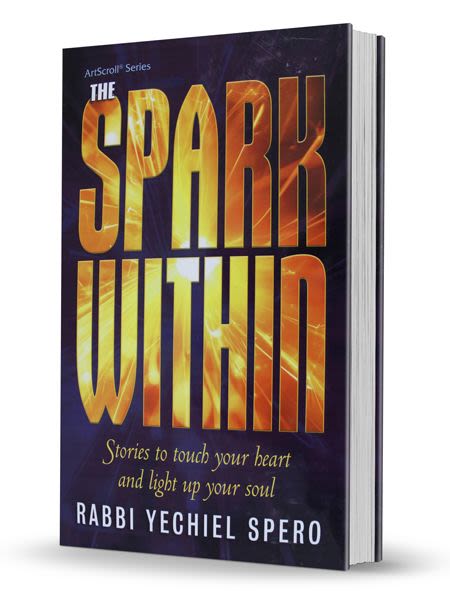
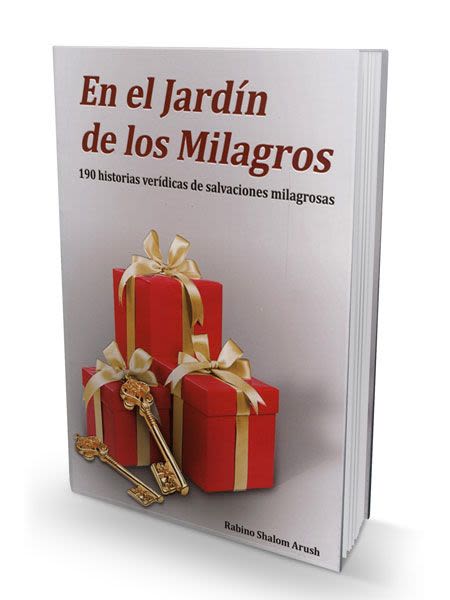
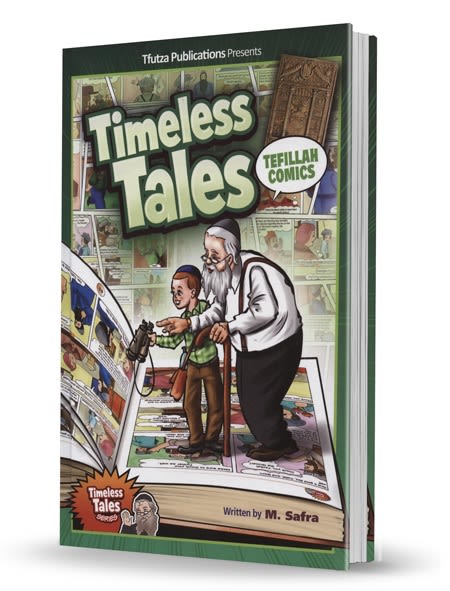
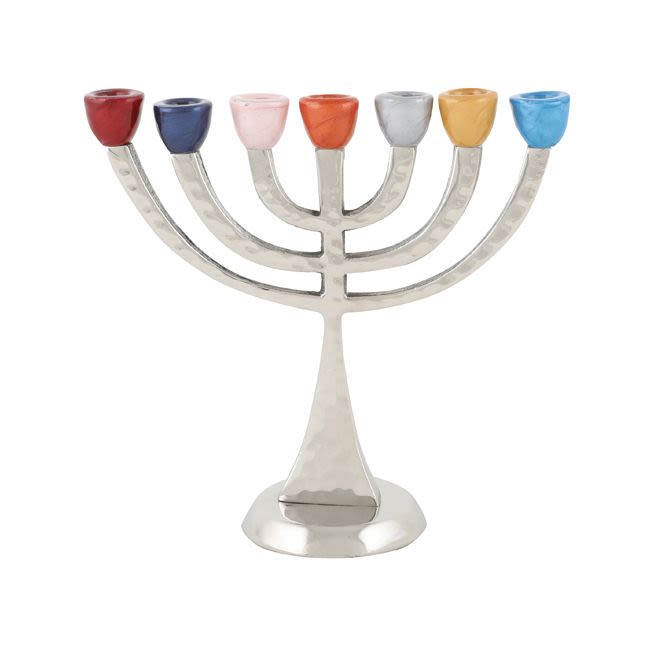
Tell us what you think!
Thank you for your comment!
It will be published after approval by the Editor.